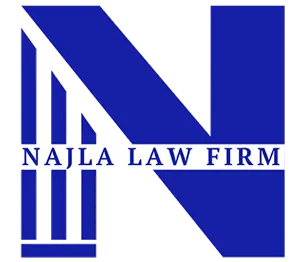
Planning permission laws in the US must be complied with by landowners and developers to facilitate legal and beneficial use of land. The law, primarily at the local level, regulates the manner in which land use should be carried out while facilitating community development and property rights.
- Zoning Laws and Land Use Regulations
Zoning laws divide the land into certain zones such as residential, commercial, industrial, and agricultural. Building height, building size, and use of land differ in every zone. Residential zones would allow for houses but not complexes or apartments, whereas commercial zones would allow offices and shops. These are best to remember so that no legal intricacy is created.
- Variances and Special Use Permits
If a property owner is forced to utilize property in a manner prohibited under zoning ordinance, they may request special use permit or variance. A variance allows deviation from zoning regulation where strict compliance would involve hardship. Zoning board and public hearings are mandatory, and that serves the interest of community.
- The Role of Planning Commissions
Local planning commissions direct land use policy and long-range development plans. They ensure zoning ordinances are compatible with the general objectives of the community. They also approve variance petitions and special use permits to be compatible with local development policy.
- Legal Considerations and Compliance
State law and federal law are also constructed when land is under development. Environmental conservation statutes, for example, could demand a study on the impact of such a project before developing the land. Historic site protection legislations might even be invoked if a land piece is particularly significant to a people’s culture. Such a time would require one to seek out the counselors for further elucidation of complexity as well as ensure all applicable legislations are in practice.
Conclusion
Compliance with planning permission entails having an understanding of zoning codes, dialing the municipal government, and following lawful processes for permits and variances. Addressing these issues in advance is important, enabling developers and property owners to maintain their projects in perspective among law compliance and development of the intended community.

